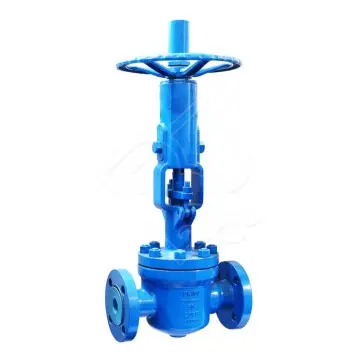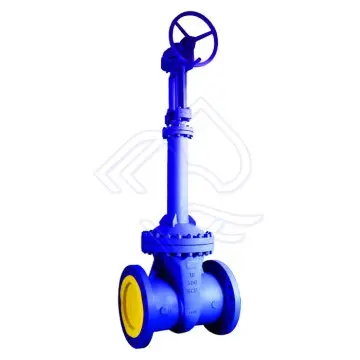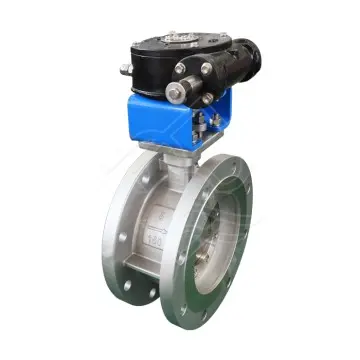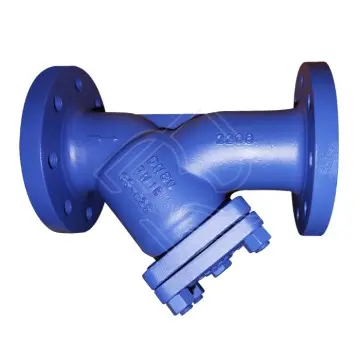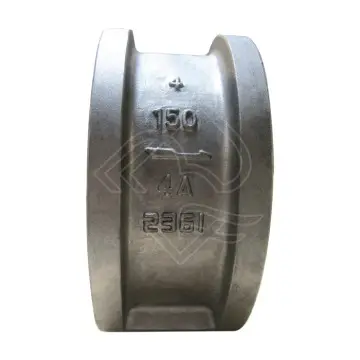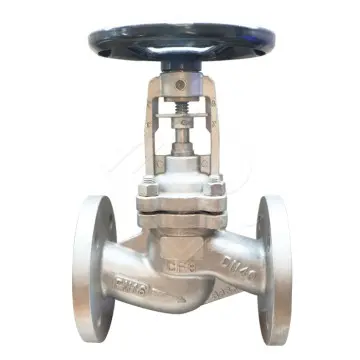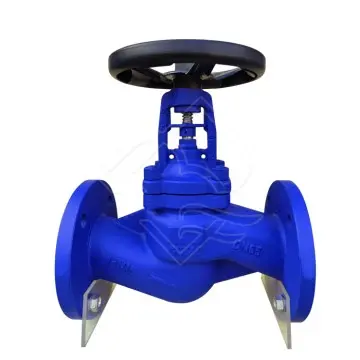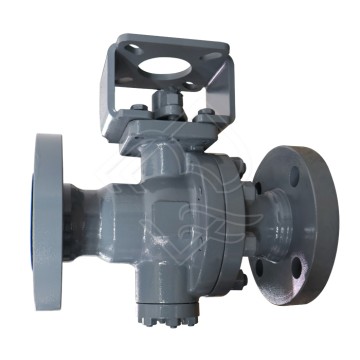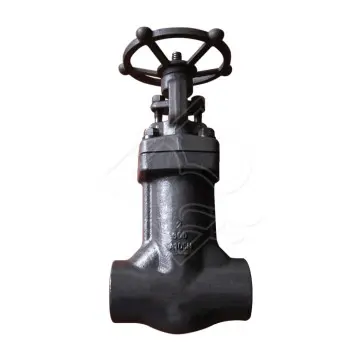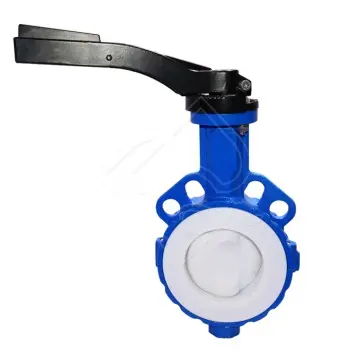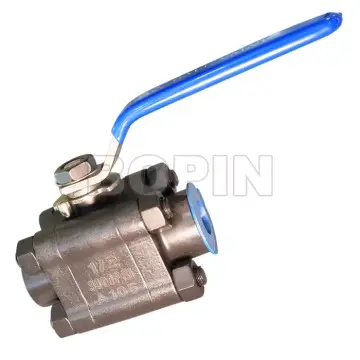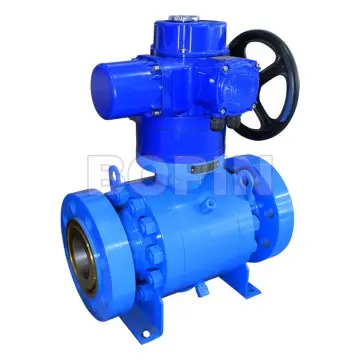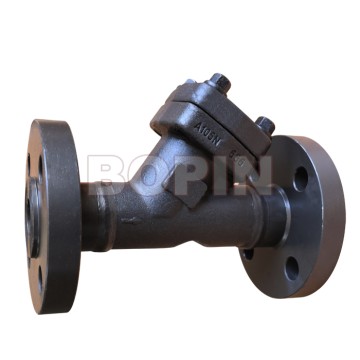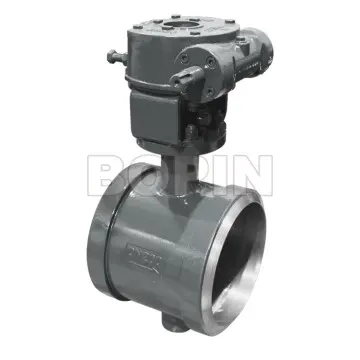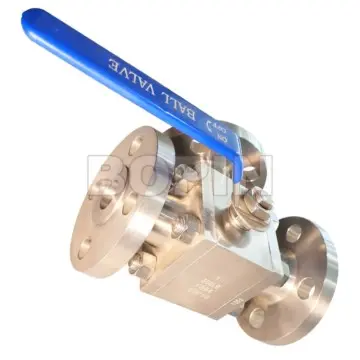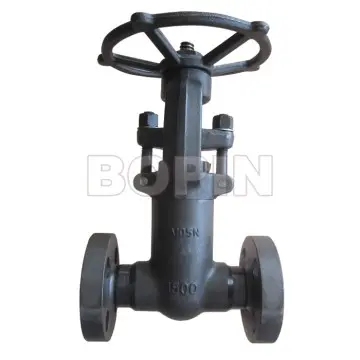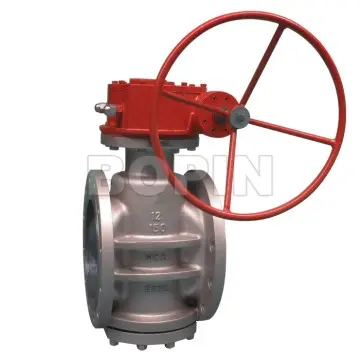THREADED END FORGED STEEL A105 3PC FORGED STEEL BALL VALVES
Threaded end forged steel A105 3PC ball valves offer a reliable, cost-effective, and durable solution for fluid and gas control in various industrial applications. Their three-piece construction provides flexibility for maintenance, while the threaded end connections simplify installation. The use of forged steel (ASTM A105) ensures the valves can withstand high pressures and temperatures, making them suitable for harsh environments. As industries continue to demand more efficient, long-lasting, and easy-to-maintain valve solutions, these threaded end forged steel ball valves will remain an essential choice for many critical systems. Ball valves are an essential component in many industrial applications, widely used to control the flow of liquids and gases in pipelines. They are known for their simple design, durability, and efficient sealing capabilities. The "3PC" in the context of ball valves refers to a three-piece construction, which enhances their flexibility and ease of maintenance. The ball valve body is divided into three pieces: the body, the bonnet (or top), and the end caps. Forged steel, particularly ASTM A105, is a common material used in the manufacturing of these valves due to its strength, durability, and ability to withstand high pressure and temperature conditions. Forged steel ball valves are preferred in critical applications like oil and gas, petrochemical, power plants, and many other industries that require precise control over fluid flow.
ELECTRICAL FORGED STEEL TRUNNION BALL VALVE
The Electrical API 6D Forged Steel Trunnion Mounted Ball Valve is a critical component in industries where precision, reliability, and safety are paramount. Its robust design, coupled with advanced actuation technology, makes it well-suited for handling challenging fluid control tasks in pipelines, processing plants, and other high-demand applications. With features like low operational torque, durable forged steel construction, and the flexibility of electrical actuation, this valve type plays a vital role in ensuring the smooth and safe operation of complex industrial systems. An Electrical API 6D Forged Steel Trunnion Mounted Ball Valve is a sophisticated industrial valve used primarily in the oil, gas, and petrochemical industries, as well as other high-pressure and high-temperature applications. This valve is designed to control the flow of fluids and gases through pipelines, ensuring safety, reliability, and operational efficiency. Below is a detailed breakdown of the valve, its features, applications, and technical specifications.
FLANGED FORGED STEEL Y-STRAINER
A forged steel Y strainer is an essential component in many industrial systems, designed to filter out debris and contaminants from liquids or gases that flow through pipelines. The "Y" shape refers to the physical structure of the strainer, which resembles the letter "Y," and the forged steel construction indicates that the body of the strainer is created through a forging process, ensuring greater strength and durability. In this article, we will explore the various aspects of forged steel Y strainers, including their design, functionality, applications, types, advantages, maintenance, and considerations for selection.
BUT-WELDED END TRIPLE OFFSET BUTTERFLY VALVE
A but-welded end triple offset butterfly valve is a highly specialized valve used in many industrial applications to control the flow of fluids, gases, or steam within a pipeline. This valve combines the characteristics of a butterfly valve with advanced sealing technology to offer exceptional performance, durability, and efficiency in demanding environments. The but-welded end triple offset butterfly valve is an advanced valve design offering a combination of durability, high-performance sealing, low operating torque, and leak-proof operation. Its unique design makes it an excellent choice for demanding industries such as oil and gas, power generation, water treatment, and chemical processing. With its minimal maintenance requirements and long operational life, it provides a cost-effective solution for controlling the flow of fluids or gases in critical systems.
3 WAY FORGED STEEL BALL VALVE
Forged steel F304 3-way ball valves are essential components in fluid and gas control systems, widely used in industrial applications due to their high strength, durability, and resistance to corrosion. These valves are designed for directing, mixing, or diverting flow in a piping system. Manufactured using forged stainless steel F304, they offer superior performance in high-pressure and high-temperature environments
FULLY FLUORINE-LINED VALVES
Fully fluorine-lined valves are specialized industrial valves designed to handle highly corrosive and aggressive chemical applications. These valves incorporate a lining of fluoropolymers, such as polytetrafluoroethylene (PTFE), perfluoroalkoxy (PFA), or fluorinated ethylene propylene (FEP), to provide exceptional chemical resistance, durability, and longevity. They are widely used in industries such as chemical processing, pharmaceuticals, water treatment, and semiconductor manufacturing.
PRESSURE SEALED VALVES
Pressure sealed valves are an essential component in a wide range of industrial systems where the safe and reliable control of fluid or gas flow is paramount. These valves are designed to operate under high-pressure conditions, preventing leaks and ensuring system integrity. In this article, we will explore what pressure sealed valves are, their function, design, applications, and benefits.
Plug Valves Manufacturers
Introduction API 599, published by the American Petroleum Institute (API), is a widely recognized standard for the design, construction, testing, and performance requirements of plug valves, particularly for the oil, gas, and petrochemical industries. This standard ensures the reliability, safety, and operational efficiency of plug valves in various critical applications, such as controlling the flow of fluids and gases under high pressures and temperatures. Plug valves are essential in numerous processes due to their ability to provide a tight seal, simple operation, and effective flow regulation.







